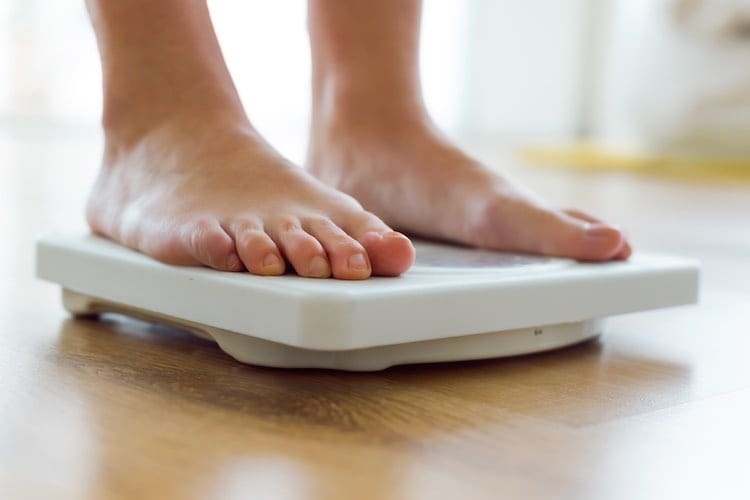Diabetes is a growing health concern, especially among Indigenous Australians. Discover the crucial role of physical activity in preventing and managing diabetes, and why further research is essential to address this health disparity.
glucose
Ozempic helps weight loss by making you feel full. But certain foods can do the same thing – without the side-effects
Is Ozempic a sustainable solution? Explore food as a natural alternative for managing weight and type 2 diabetes.
Some Ozempic users say it silences ‘food noise’. But there are drug-free ways to stop thinking about food so much
What is food noise and how to manage it without taking Ozempic
‘Nature’s own Ozempic’ or berberine is all over social media. But does it really help you lose weight?
What is Berberine? Explore berberine’s weight loss claims, safety concerns, and its connection to the prescription drug Ozempic.
Prediabetes; is it a risk for the heart?
Researchers address the inconsistencies around the cut off point for the diagnosis of impaired fasting glucose, this is what they found.
Keeping a stable weight can cut diabetes risk
New research finds that maintaining a stable weight as a person ages can help prevent type 2 diabetes.
Exercise improves blood sugar in women with gestational diabetes
Exercise, alongside standard care, can improve blood sugar control in women with gestational diabetes.
Type 1 diabetes
Type 1 diabetes is a condition where the pancreas doesn’t make enough insulin, resulting in high blood glucose (sugar) levels.
Video: Fibre and gut bacteria improve diabetes
Changing the diet of people with type 2 diabetes to include more high-fibre foods has been found to promote the growth of beneficial gut bacteria that are linked to a direct effect on improved blood glucose control and greater weight loss.
Diabetic conditions affecting the legs and feet
The feet and legs are common sites for complications in people with diabetes, and for this reason good foot care is very important.










